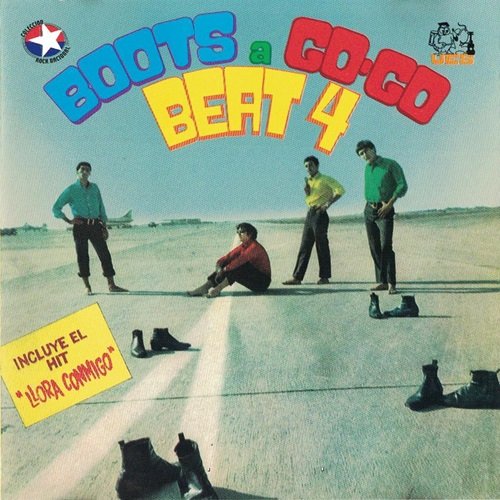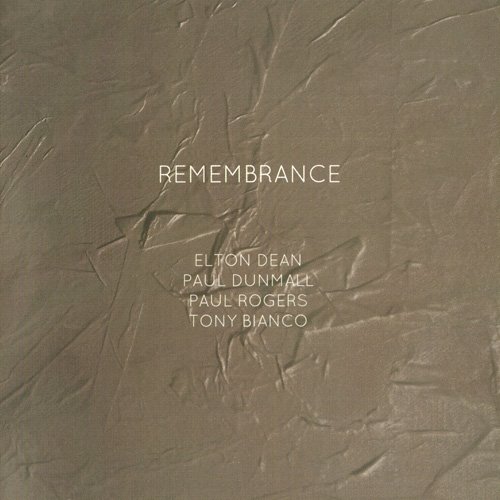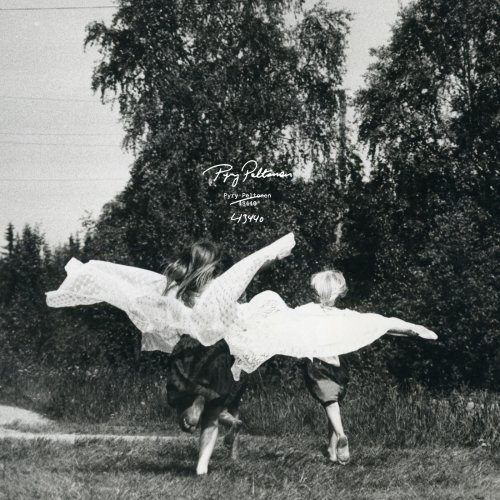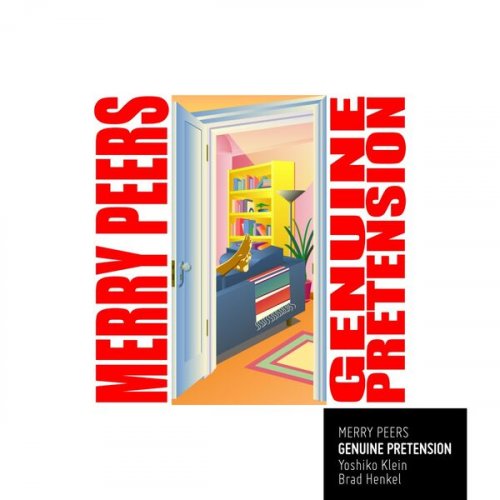Beat 4 – Boots a Go-Go (1967)

Artist: Beat 4
Title: Boots a Go-Go
Year Of Release: 1967/2022
Label: Arci Music
Genre: Garage Rock, Beat
Quality: Mp3 320 / Flac (tracks)
Total Time: 36:30
Total Size: 91/236 Mb
WebSite: Album Preview
Tracklist:Title: Boots a Go-Go
Year Of Release: 1967/2022
Label: Arci Music
Genre: Garage Rock, Beat
Quality: Mp3 320 / Flac (tracks)
Total Time: 36:30
Total Size: 91/236 Mb
WebSite: Album Preview
01. Llora Conmigo 3:01
02. Ya No Eres de Mi 2:17
03. Todo Termina 2:19
04. Espérame Siempre 1:55
05. Es Solo Amor / No Corras Hacia Mi 4:01
06. Si Estoy Solo 2:33
07. Abandonados Igual Que Tu 2:19
08. Me Gustas Demasiado / La Noche Anterior / Quisiera Hacerte Feliz 6:33
09. Dónde Vas 2:29
10. Que Culpa Tenemos Nosotros 2:01
11. Regresaré 2:11
12. Caperucita Roja 2:51
13. Por Qué 2:02
Los Beat 4 was a Chilean rock band formed in Santiago in 1966, considered one of the pioneering groups of psychedelic rock and Spanish-language beat in Latin America. Its original lineup included Willy Benítez (vocals), Reinaldo “Ronnie” Knöll (guitar), Claudio Salinas (bass), and Mario Benítez (drums). The group took its name as a direct nod to The Beatles, although it quickly developed its own identity within the Chilean music scene of the late 1960s.
Unlike many New Wave bands, Los Beat 4 moved away from romantic pop and youthful ballads to explore sounds closer to British rock, beat, and psychedelia. They recorded for the RCA Victor label, releasing their first album in 1967: Boots a Go Go, an album that blended their own songs with Spanish-language versions of international hits, notable for its energetic instrumentation and light but effective lyrics.
That same year, they released the single "Dame un bananino," which became their best-known track and a classic in the Chilean rock repertoire of the 1960s. The song, with its humorous tone and catchy rhythm, consolidated the group's status as a youth phenomenon, with heavy radio and television airplay.
In 1968, they released their second LP, Ahora sí... los Beat 4, where they deepened their beat sound, incorporating more elaborate compositions and vocal arrangements influenced by British pop. During this period, new musicians began to join the group, such as Mario Mutis and Carlos Corales, who would later have significant careers in bands such as Los Jaivas and Aguaturbia.
The group disbanded in the early 1970s, but their influence endured as part of the transition between New Wave and progressive rock in Chile. Some of their songs were reissued on compilations and box sets dedicated to Latin American rock of the 1960s.
Unlike many New Wave bands, Los Beat 4 moved away from romantic pop and youthful ballads to explore sounds closer to British rock, beat, and psychedelia. They recorded for the RCA Victor label, releasing their first album in 1967: Boots a Go Go, an album that blended their own songs with Spanish-language versions of international hits, notable for its energetic instrumentation and light but effective lyrics.
That same year, they released the single "Dame un bananino," which became their best-known track and a classic in the Chilean rock repertoire of the 1960s. The song, with its humorous tone and catchy rhythm, consolidated the group's status as a youth phenomenon, with heavy radio and television airplay.
In 1968, they released their second LP, Ahora sí... los Beat 4, where they deepened their beat sound, incorporating more elaborate compositions and vocal arrangements influenced by British pop. During this period, new musicians began to join the group, such as Mario Mutis and Carlos Corales, who would later have significant careers in bands such as Los Jaivas and Aguaturbia.
The group disbanded in the early 1970s, but their influence endured as part of the transition between New Wave and progressive rock in Chile. Some of their songs were reissued on compilations and box sets dedicated to Latin American rock of the 1960s.
![Sam Most - But Beautiful (2025) [Hi-Res] Sam Most - But Beautiful (2025) [Hi-Res]](https://img.israbox.com/img/2025-12/12/n19esmi2zxvr716zw8citn0dv.jpg)



![Coco Chatru Quartet - Lost Christmas (2025) [Hi-Res] Coco Chatru Quartet - Lost Christmas (2025) [Hi-Res]](https://www.dibpic.com/uploads/posts/2025-12/1765719561_coco-chatru-quartet-lost-christmas-2025.jpg)



